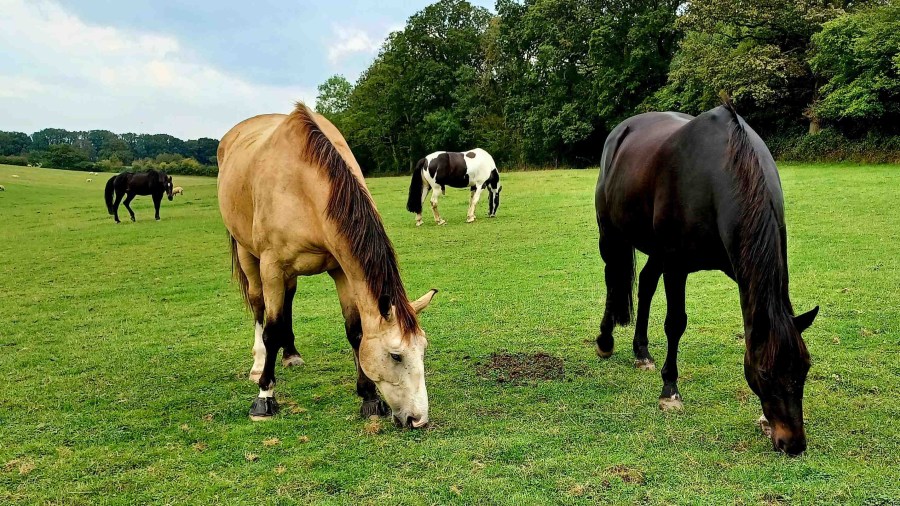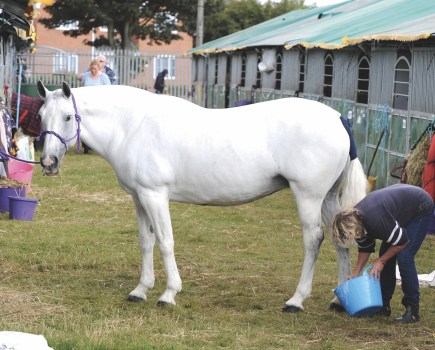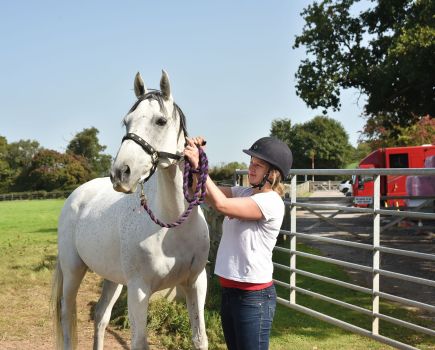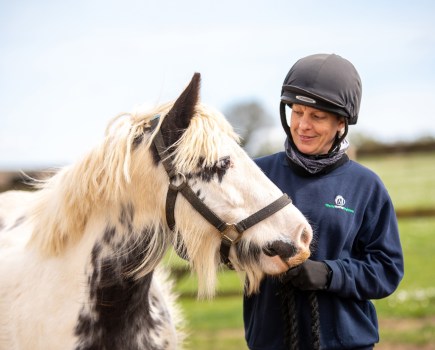International equine charity World Horse Welfare is seeking an update in the law to protect all of Europe’s horses, donkeys and mules and not just those which are kept for farming.
A review of the current legislation has been in the news recently following the publication of the European Commission’s ‘Vision for Agriculture and Food’, an ambitious roadmap on the future of farming and food in Europe.
While the roadmap is committed to updating the EU’s animal welfare legislation, World Horse Welfare wants this to extend to all of Europe’s equids. The charity also wants the laws to be amended in line with the scientific evidence detailed in the ‘Good Welfare for Equids’ White Paper which was delivered to the European Commission last October.
Last week, Oliver Várhelyi, the European Commissioner for Health and Animal Welfare, outlined his commitment to the ‘End the Cage Age’ initiative during his address to the European Parliament Intergroup on the Welfare and Conservation of Animals. However, he didn’t provide information on how animal welfare rules would be modernised at an EU level.
“We were encouraged both by the Commissioner’s commitment to update the rules on animal welfare in the EU and the inclusion of this commitment in the Vision for Agriculture and Food,” said Jessica Stark, director of communications and public affairs at World Horse Welfare.
Include sport, leisure and therapy horses
“Although there is already animal welfare legislation in place it only encompasses horses, ponies, donkeys and mules kept for farming purposes and has never covered other equids, such as those for sport, leisure or therapy. Without changes to the legislation, millions of equids will remain unprotected.
“Moreover, the EU’s animal welfare laws for agriculture have never considered the specific needs of equids which can be very different to those of livestock.”
The ‘Good Welfare for Equids’ White Paper, which was compiled by experts and published by Eurogroup for Animals with support from World Horse Welfare and other welfare organisations, includes the latest evidence and practical indicators on what good equine welfare looks like and the charity believes the document should inform the legislation.
“By basing any new welfare laws on evidence, including the widely accepted Five Domains model of animal welfare assessment, our aspiration is for the EU to move beyond basic standards of ‘a life worth living’ to providing all of Europe’s horses, donkeys and mules with a ‘good life’,” added Jessica.
Calls for a digital ID and traceability system
The charity also believes that introducing a robust digital equine identification and traceability scheme across Europe is necessary to protect equine welfare.
“The White Paper highlights the vital need for a consistent, robust, practical, and enforceable approach to identification and traceability for all equids across Europe if their welfare is to be protected, and laws enforced,” said Jessica.
“This must enable full traceability of individual equids throughout their lifetime and ongoing surveillance of the European equid population.”
Defra minister Baroness Hayman of Ullock told the National Equine Forum in London earlier this month that while the government recognises the importance of equine identification and traceability, the pressure on public finances means the project has been paused.
To view the White Paper, click here.
Image © World Horse Welfare.
Related content
- How to tell if a horse is happy
- UK bans live export of horses for slaughter
- Petition set up with the aim of updating the Dangerous Dogs Act to better protect horses
- Public attitudes towards horse sport ‘on the right track’ but there is still more to do
- Learn to read your horse’s body language with this expert advice









